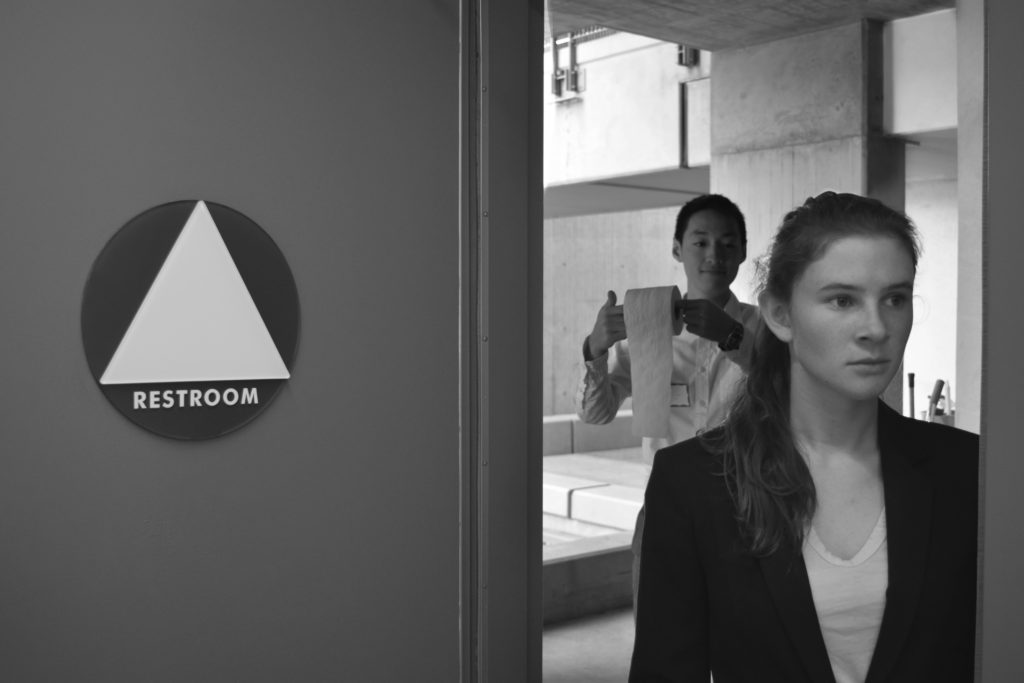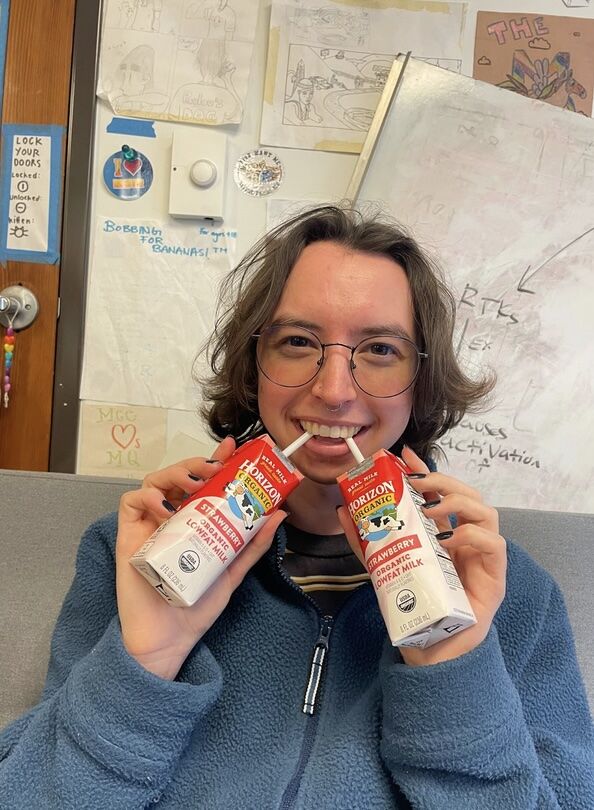
Photo by: Connor Gorry
As the academic year starts again at UCSD, most returning students will be entering the lecture halls, reminiscing with their friends and sharing tales of traveling, partying, and general debauchery. But returning senior Will Johnson, spent his summer doing something even better, the one thing all college students crave more than free food: slaving his summer away at an unpaid internship.
“It was such an educational experience,” said Johnson. “Every day that I worked was dramatically the same. I made copies, got coffee, answered phones, and more! I mean, I’m not entirely sure how that translates to becoming a chemical engineer… but still!”
Every year, thousands of generous companies open internship opportunities to students, selflessly offering “invaluable experience” and “resume building” as payment, exactly what a debt-ridden young adult needs to survive.
With students realizing just how worthless a 130,000 dollar college education can be, the internship market has become just as rewarding and full of opportunities as the actual job market. That is why many young individuals are willing to do anything to secure that prestigious internship that will guarantee them a 39.5 percent chance of getting a job after graduation, instead of the measly 38.6-percent chance faced by graduates without internships.
“When I was first interviewed by the recruiter, they told me that there were 41 other potential candidates. I had already applied to 27 other companies and this was my backup so I was pretty desperate,” Johnson explained. “They said I had to do a background check that would cost me 60 dollars. If I didn’t do it, I’d be crossed off the list of potentials, so I paid up.”
Once Johnson’s background checked out, he went in for a second interview. “After that, I had to pay for access to their website, a professional portrait for my ID card, a rental company computer, material fees for all the office supplies I might use, access to the Keurig, and a bathroom pass. And this was all before officially getting the job. I was upset at first but then I realized that it was necessary to separate the determined candidates from the regular applicants who weren’t willing to do whatever it took.”
The financial requirements did not end there. “I received the call two days later that I had gotten the job, but the requirements had changed. In order to avoid being sued for labor law violations, they required that I receive college credit for the position.” Johnson proceeded to contact the campus registrar and was advised that he would have to pay for the units. “I depend on financial aid — which doesn’t cover internships — so I asked about working as a ‘volunteer’ to avoid paying but that was a non-option. Later, I realized that the company was just acting in my best interest. Work experience is great but they wanted to make sure that I got something tangible from my time with them. I may have had to work insane hours, not sleep, and see a shrink from all the anxiety, but at the end of the day, the company truly cared about my wellbeing.”
By the time Johnson started his internship, he had paid nearly 2,100 dollars out of pocket. “Getting the internship was stressful and the work was even more intense but all my hard work paid off. By the end of the internship, my supervisor mostly knew my name and even told me that someday, if I’m lucky, I might make a great entry level employee! And only for 8,479 dollars!”
Written by: Nadia Link








